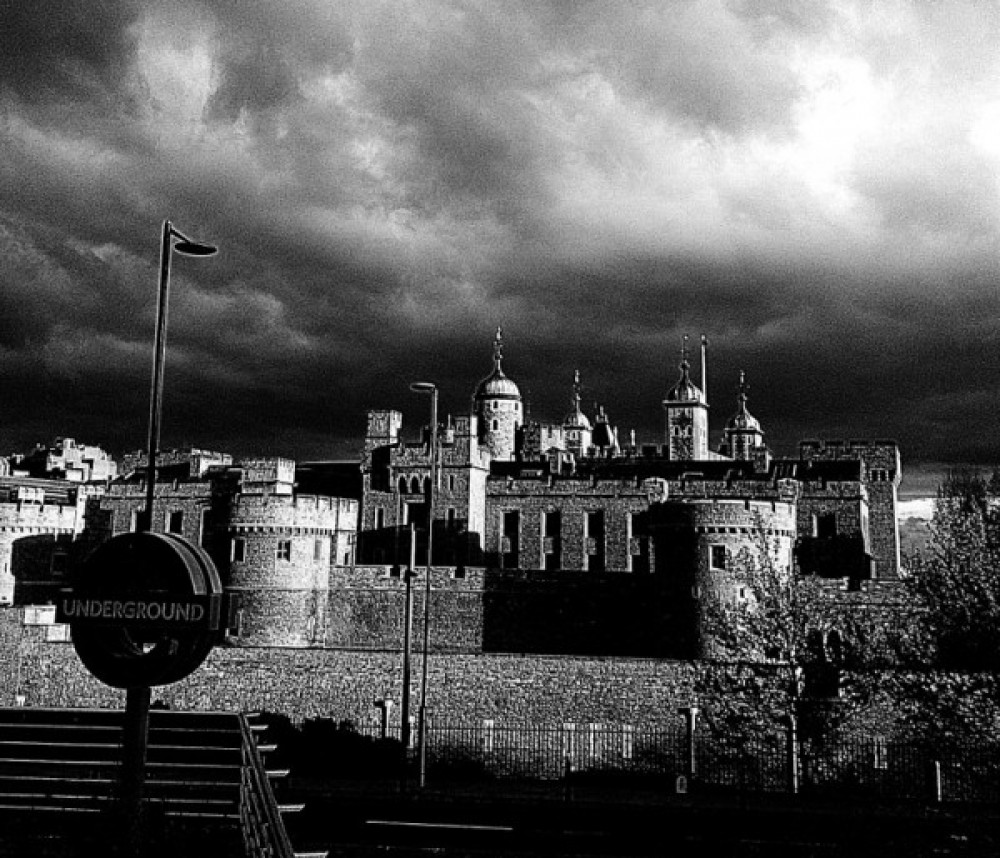“You don’t know what you got until it’s gone and I found out just a little too late” ~ Chicago
Or, as defined by my dictionary
Loss (n): detriment, disadvantage or deprivation, the state of being deprived of or without something that one has had
Losing something or someone is horrible. Where it’s the panic, inconvenience, and annoyance of losing a purse or heart-wrenching death of a loved one, loss is something that effects all of us at some point.
A fair few losses are self-inflicted; the old adage of putting something in a safe place, then promptly forgetting where that safe place was. Or wandering about the house, wondering where your glasses are. Of course they’re on top of your head.
Most items we lose are replaceable. Cancelling all your cards is a pain but do-able. House keys can be replaced. The old photo or memento you might keep in your purse is much harder to replace. I lost some silver ear-rings on a night out recently. Annoying but replaceable. And it was an excellent night out. However, years ago, I thought I’d lost a necklace. It was given to me by my best friend and is one of my most precious possessions. I was mortified. This went on for months. The feeling of relief when I found it behind a chest of drawers is indescribable. Our reaction to loss of material things varies depending on their value, monetary and otherwise, and the level of emotion attached
But, of course, people are not things. I remember a tortured emotional conversation I had when a teenager over a break up. The breaking up and subsequent state was described as being liked the person had died but worse because you knew they were still there but you just couldn’t see them or talk to them.
I can’t equate the end of a relationship to that. And I suspect the friend of my tortured teenage years wouldn’t now either. Losing someone hurts. Someone you care for, love, want to be with, walking away from you, for whatever reason, can induce cause such anguish and heartbreak. You can howl like a dog with grief over it. Even if you are the one walking away, when someone is that special but you have to go, it’s a cut that takes a long time to heal. But death is so horribly, awfully, final. Even when it comes as a blessed relief after a period of suffering, there is still that a void left that only that person still being there could fill.
But people aren’t like purses or house keys. We don’t own them. As hard as it is, either walking away or being left behind, if we love or care for them then we just have to wish them. They’re not lost, they’re just elsewhere.
Princess
